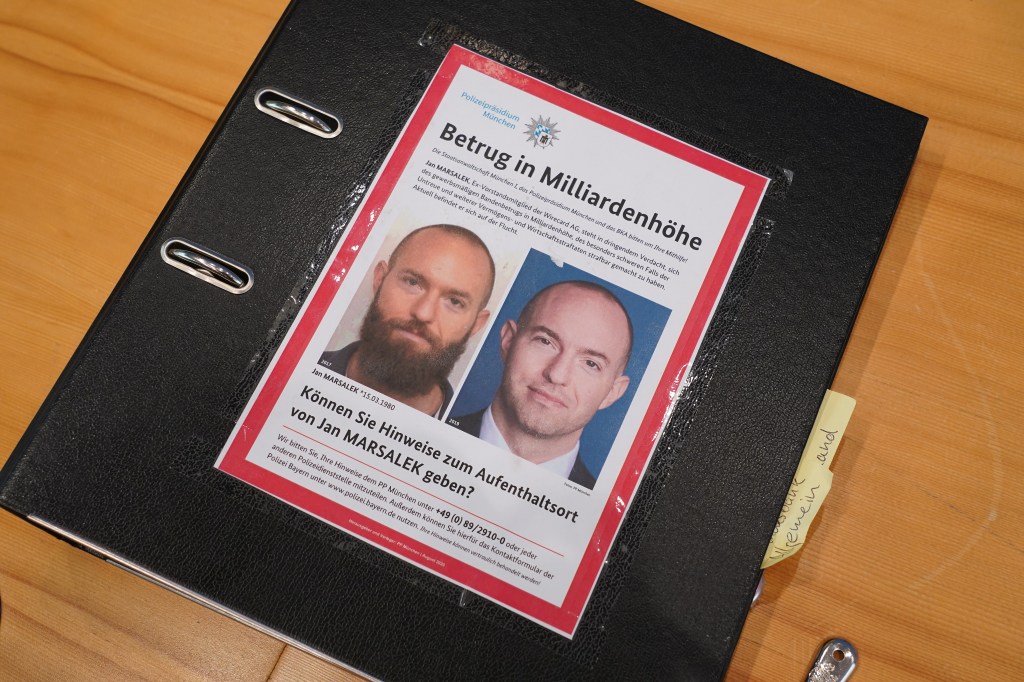At its peak, German payments company Wirecard was worth €24bn ($25.4), more than Deutsche Bank. It was the darling of the German fintech industry — proof that German fintech startups could compete with the world’s biggest tech companies.
And then it all unraveled. In June 2020, the company was forced
The
Register for free to keep reading
To continue reading this article and unlock full access to GRIP, register now. You’ll enjoy free access to all content until our subscription service launches in early 2026.
- Unlimited access to industry insights
- Stay on top of key rules and regulatory changes with our Rules Navigator
- Ad-free experience with no distractions
- Regular podcasts from trusted external experts
- Fresh compliance and regulatory content every day













